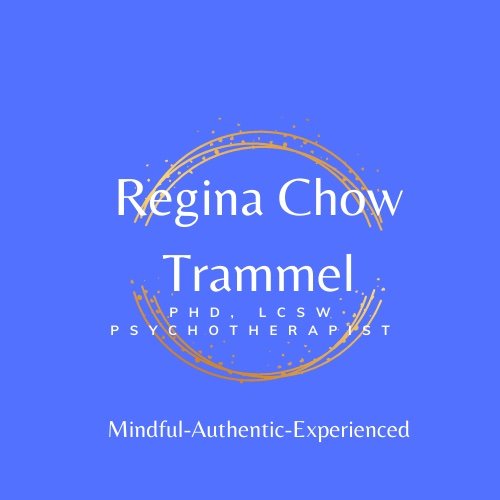Pushing Down Your Feelings Weighs You Down: How Mindfulness in Therapy Lifts Your Mental Health Burdens
Sometimes we underestimate our mental health and our mental well-being. We aren't taught how to care for ourselves mentally often enough in school. Or, often our families neglect the psychological experience that we have when growing up. There are so many other issues and needs that we need to attend to in life, it seems.
However, the foundation of our wellness and our ability to make good decisions, and our capacity to take on the things that we want to (including responsibilities or obligations) are really related to our mental Health capacity.
For instance, do you wonder why you get exhausted when you've had a conflict during the day or feel stress? That’s because our bodies respond when we have limited mental health capacity–we push ourselves, psychologically.
And, when you push your feelings down–whether you do so consciously or unconsciously, delaying therapeutic help can lead to negative emotions that feel more and more out of your control.
So how does mindfulness fit in? What mindfulness can do, especially in therapy, is to help you dig deep and identify the ways that your capacity is limited and constrained. Now, why would contemplating your limitations be helpful? In reality, everyday life is often a balance of priorities, and values. The way we use our time, psychological, physical, and even spiritual energy is not infinite. Mindfulness, when used in therapy is an investment towards increasing your capacity in the areas that you need to attend to–where you want to flourish and where you find value in life.
What does mindfulness in therapy look like, and what are its benefits?
Mindfulness practice within therapy is guided and toward a specific contemplation or observation point. You will learn how to sit with difficult memories, visualize important actions, and begin to retrain your body, brain and nervous system to deal with the challenges you face in a way that doesn’t overwhelm your emotional capacity.
As a therapist and researcher on mindfulness, I find the practice, when integrated in therapy a powerful healing tool for addressing trauma, anxiety, stress, burnout, depression, perfectionism, and the list goes on. You can find some of my research here: https://scholar.google.com/scholar?hl=en&as_sdt=0%2C5&q=regina+chow+trammel&btnG=
And, if you would like to work with me in therapy (I practice in the states of California and Illinois), please do not hesitate contact me at: 626-765-7602. Call or text is fine!
Hi, I’m Regina Chow Trammel, PhD, LCSW & I am an expert in trauma, burnout recovery, depression and anxiety. I have successfully treated hundreds of clients throughout my 15 + years of practice.
I understand the impact trauma, burnout, and other unresolved mental health issues can have on your wellbeing and functioning.
As a client, you are seeking support from someone who is genuine, authentic, warm, and empathetic. I am a holistic, process-based therapist and am ready to help you in your therapeutic journey to help you create a life that is purposeful, mindful, and balanced. If you would like to learn more about me, please visit the About Regina tab for more.
As a holistic therapist, I use mindfulness, including a somatic component, and existential therapies to help you examine and re-nurture yourself toward peace & acceptance. We tackle bigger life questions about loneliness, purpose and joy to help you clarify how you can move out of burn-out, emotional pain, & fear, into a healthier, freer, & more connected life.
You are capable of moving toward healing, realizing peace and emotional balance. Engaging in therapy means that you are ready to invest in yourself & heal so you can be effective in your purpose. Joy, authenticity and freedom are the results of the therapy experience. I hope to partner with you in your therapeutic journey, nourishing long-lasting growth.

